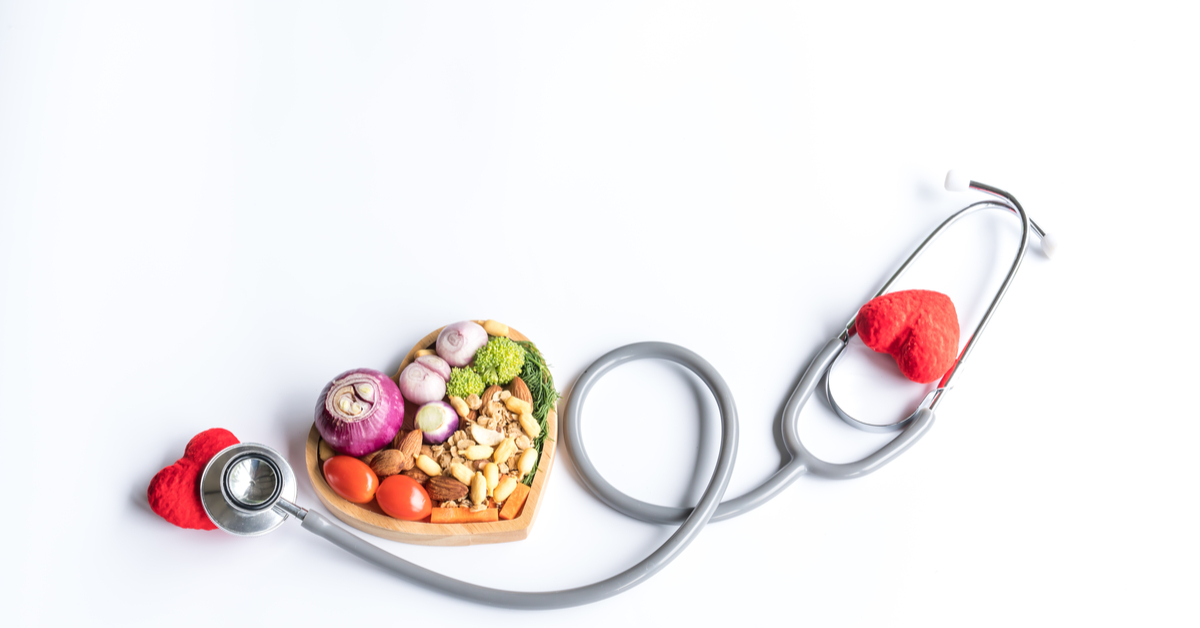is a prescription oral drug typically used to treat high blood pressure. It is also being investigated for use in treating AFib – also known as Atrial fibrillation.
Atrial fibrillation is a heart condition that is characterized by an irregular heartbeat. This occurs when the upper chambers of the heart (also known as the atrium – hence ‘atrial’) begin to ‘quiver’ (fibrillate) irregularly. The condition is thought to affect around 2.7 million Americans, according to the American Heart Association. If left untreated, AFib doubles the risk of heart-related deaths and increases the risk of stroke five-fold. Click here to read more about AFib.
Symptoms of AFib may include heart palpitations (a feeling that your heart is ‘fluttering’ or beating irregularly), shortness of breath, chest pain, dizziness, weakness and nausea. Although AFib is definitely worthy of medical care, it is not necessarily a medical emergency. However, if any of these symptoms persist, if multiple of them are present, if any of them are particularly severe, or if there is any chest pain or shortness of breath, then call emergency medical services immediately.
Thankfully, there are medications to treat AFib, or at least lower the risk of health complications that result from it.
AFib Medications
goes by the brand-name . It is in a class of drugs known as angiotensin receptor blockers (ARBs). This means that it blocks the action of the chemical angiotensin, which is responsible for the constriction (or narrowing) of blood vessels. When blood vessels narrow, blood pressure is increased, which can cause health problems. By blocking angiotensin, helps prevent blood vessels from narrowing, thus decreasing blood pressure.
Conclusions of a study published in the American Journal of Hypertension (AJH) into the effect of and Ramipril on AFib showed that was ‘more effective than amlodipine’ in preventing new AFib episodes. The study involved 369 patients who had ‘at least two episodes of AF in the previous 6 months.’ Click here to read the full study report.
However, a contradicting report involving 1,442 patients published in the New England Journal of Medicine concluded that, after 1 year, there was ‘no significant reduction in the incident of recurrent atrial fibrillation among patients receiving as compared with those receiving placebo.’ Click here to read the report details.
With such conflicting evidence on ‘s effectiveness for treating Afib, patients should talk to their doctor about finding the medicine that is right for them.
Common side effects of may include headaches, dizziness, tiredness, cough, diarrhea, nausea and abdominal pain. More severe side-effects include hyperkalemia (high blood potassium), erectile dysfunction, and, rarely, rhabdomyolysis (muscle destruction) and angioedema (swelling of soft tissues including throat and larynx, sometimes associated with hives). Some users may also suffer allergic reactions. should not be used during pregnancy or breastfeeding. Speak to your doctor before taking to lower the risk of these side-effects. Click here to read more about the safety of .
Featured image: Depositphotos / ocskaymark




